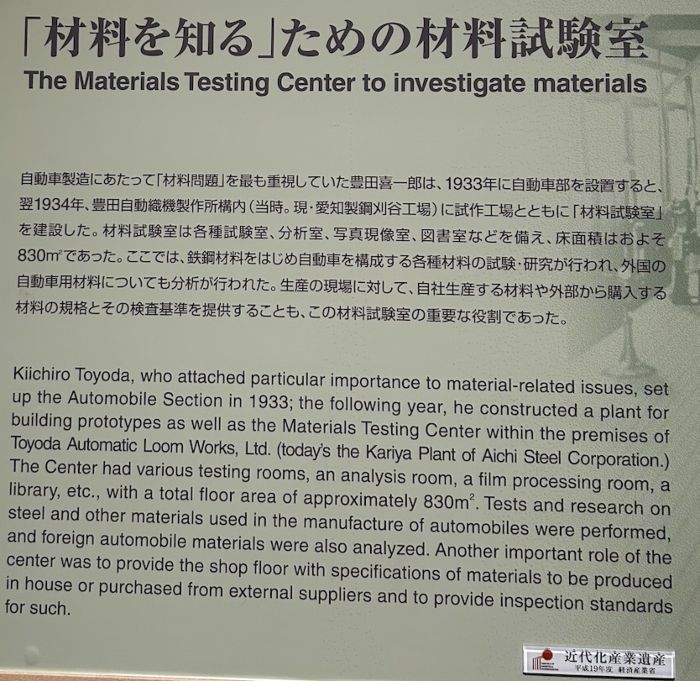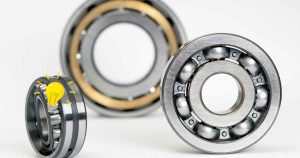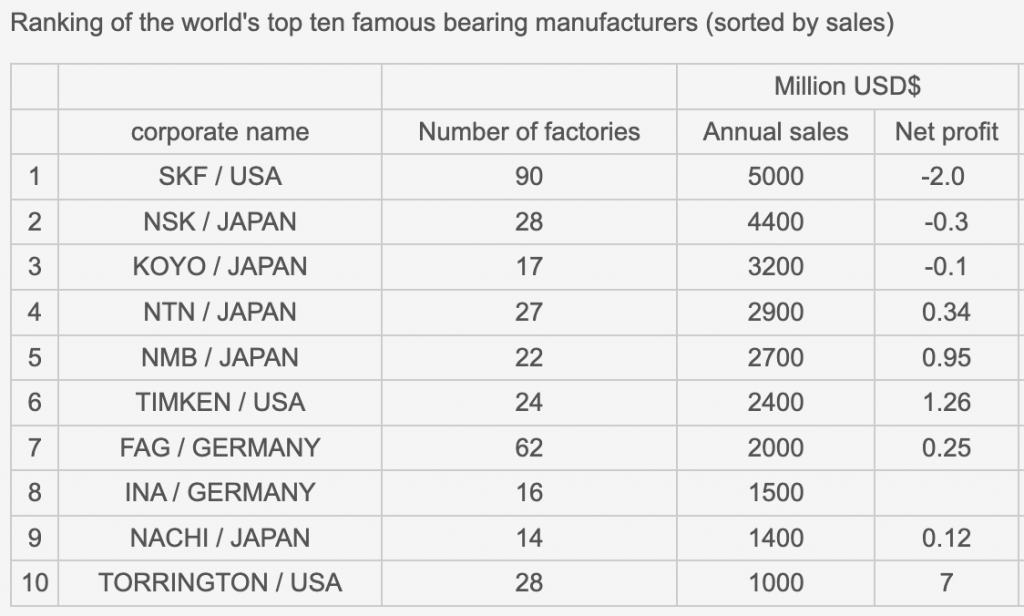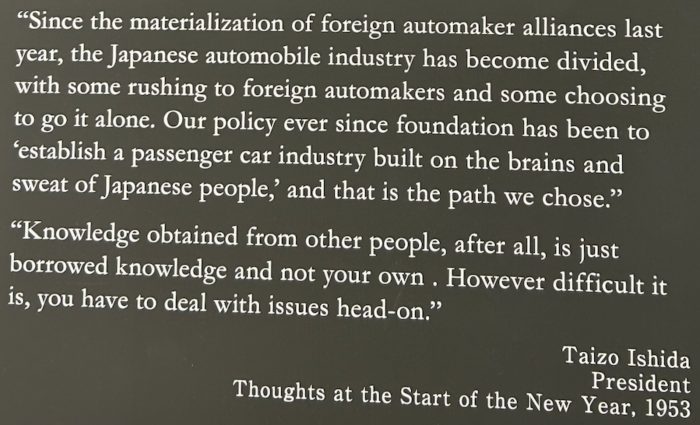Recently we were discussing a project with a client whose engineers have been struggling with some key mechanical elements, due (in part) to a lack of precision of those elements.
What happened?
They have been requesting samples from Chinese suppliers, who can be very cooperative if they see a chance to get some business. However, the client’s engineers did not work with the right suppliers… Can they return to those same suppliers and request samples made with much lower variation (and much tighter tolerances)? Probably not.
Chinese manufacturers are often unable to leave their comfort zone, but why?
A common frustration with the vast majority of Chinese manufacturers is their inability to go beyond what they are familiar with. They can be very good, very fast, and very cost-competitive when it comes to applying the manufacturing processes they know, the way they have done it so far. But they are prone to turning down requests to try new ways of working. Or, if they try, they reach their limits quickly.
Why is that?
I can think of two explanations.
1. They are weak at process controls
Only a small minority of Chinese factories are good at preventive maintenance and process control. (Note: some people may contact me and refute that assertion, but I am quite confident about this point. Yes, the situation has been getting better. Yes, some factories in China are very good at what they do. But those are still very far from being a majority.)
And that means it’s hard to get a supplier in China to deliver mechanical elements such as bearings with very tight tolerances. For certain applications, it disqualifies them immediately.
Japanese manufacturers, in contrast, are not as easy to work with, but they sometimes have much more advanced solutions (such as bearings with very tight tolerances), and some of their engineers are excellent at devising what is possible and how to make it a reality.
Here is an example. Where is China??
(Source)
2. They are not very interested in mastering materials and processes very deeply
I went to the Toyota Commemorative Museum in Nagoya a few weeks ago, and I took a few photos of that company’s devotion to mastering the materials and processes they were planning to use, as early as the 1930s.
Quote No. 1:
Quote No.2:

They clearly wanted to work on generating first-hand knowledge, out of their own “brains and sweat”. They were very long-term thinkers. They were targeting excellence, even though they were just a tiny actor in their market.
That’s what makes manufacturers of products that both are consistently good and push the envelope over time.
What can you learn here?
So, the lesson here is simple. As of 2022, if you need some very advanced mechanical parts, you might have to work with suppliers that are not from China. It might not be easy to get samples from certain sources, but it might be necessary for your project. The good news is, those advanced parts might be made in China (a great benefit if you intend to set up final assembly in that country) in foreign-owned plants.



